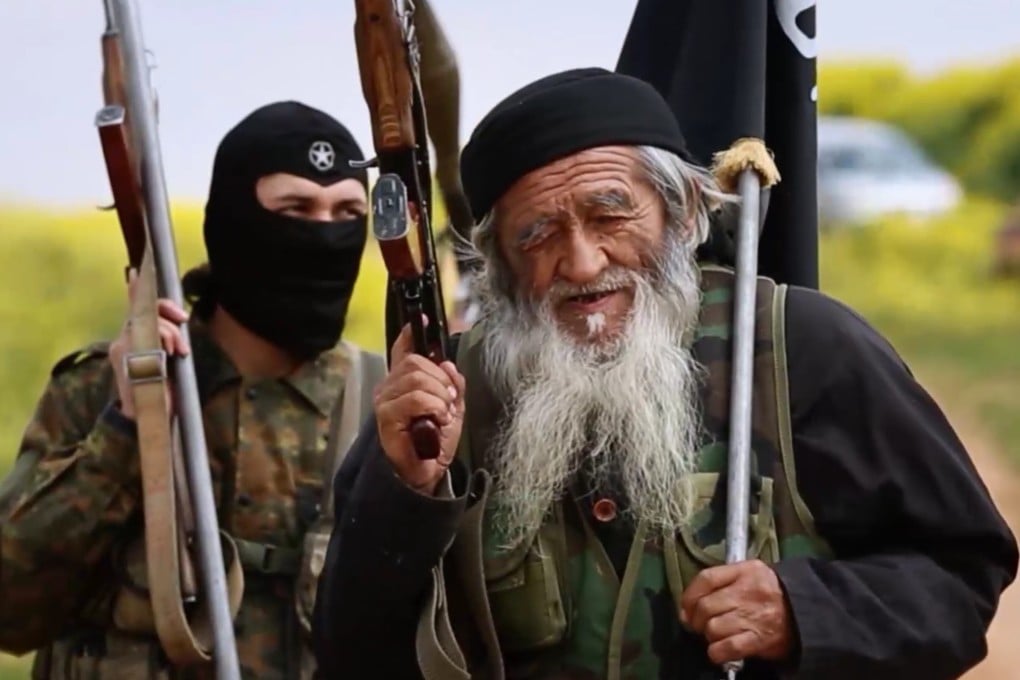Advertisement
Militant group ETIM, which has been targeted by China, remains active in Afghanistan, UN report says
- ETIM, a group affiliated with al-Qaeda, has sought to establish a Uygur state in Xinjiang and has helped move fighters across Afghanistan’s border into China
- Meanwhile, Africa has emerged as a new hotspot for jihadists and kidnappings for ransom, and China’s belt and road investments could eventually become targets
Reading Time:4 minutes
Why you can trust SCMP
8

Militant groups Islamic State (Isis), al-Qaeda and the East Turkestan Islamic Movement (ETIM) – which China has referred to as a direct threat to its interests – remain present in Afghanistan, where security is fragile and predicted to deteriorate, according to a United Nations Security Council (UNSC) report.
Isis fighters are estimated to have reserves of US$25-US$50 million on hand, the report said. Al-Qaeda leader Ayman al-Zawahiri is believed to be in Afghanistan, alive but ailing. Saif al-Adel, his likely successor, is reportedly in Iran.
The 15-member UNSC comprises five permanent members – including the United States, China and Britain – and 10 non-permanent members elected every two years. Its report, which was released last week, was prepared by a team that tracks global jihadist threats.

02:06
Tens of thousands of Afghans queue for passports to flee the country amid Taliban gains
Tens of thousands of Afghans queue for passports to flee the country amid Taliban gains
The report said ETIM, which is aligned primarily with al-Qaeda, is operating in Afghanistan and Syria. In Afghanistan, the group has hundreds of members, active in the provinces of Badakhshan, close to the border with Xinjiang, as well as Faryab, Kabul and Nuristan.
Advertisement
ETIM’s Afghan faction has sought to establish a Uygur state in China’s western province of Xinjiang and facilitated the movement of fighters across Afghanistan’s border into China, the report said.
China’s Foreign Minister Wang Yi on Wednesday told a visiting Taliban delegation to cut ties with ETIM, which Beijing has blamed for attacks in Xinjiang.
Advertisement
The Taliban has increasingly sought international recognition as a crucial player in Afghanistan, with more countries, including China, holding talks with its leaders. The Taliban ruled Afghanistan from 1996-2001 before being ousted by the US-backed Northern Alliance in the aftermath of the September 11 attacks.
Advertisement
Select Voice
Select Speed
1.00x